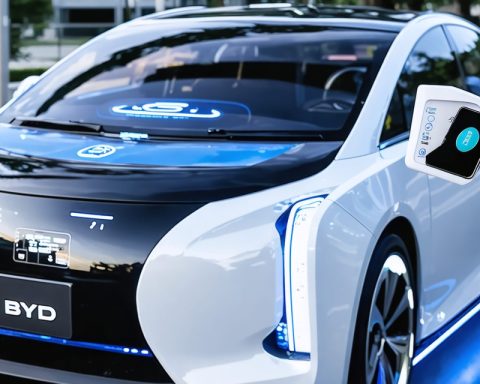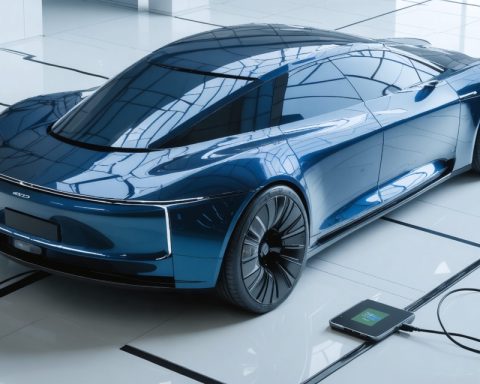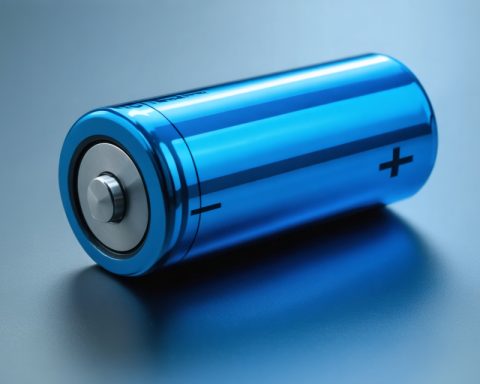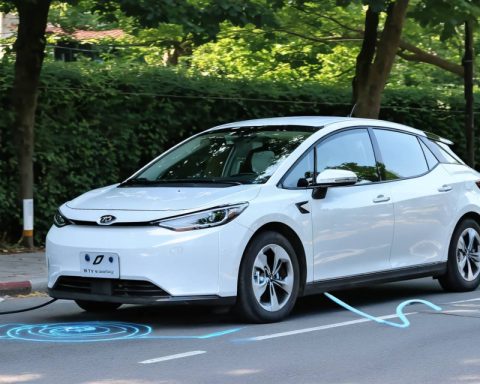Browse CategoryBatteries
Batteries are electrochemical devices that store and convert chemical energy into electrical energy. They consist of one or more electrochemical cells, each containing a positive electrode (cathode), a negative electrode (anode), and an electrolyte that facilitates the flow of ions between the electrodes. Batteries are used to power a wide range of devices, from small electronics like smartphones and laptops to larger applications such as electric vehicles and renewable energy systems. They can be rechargeable (such as lithium-ion and nickel-metal hydride batteries) or disposable (such as alkaline batteries). The capacity of a battery is measured in ampere-hours (Ah) or milliampere-hours (mAh), indicating the amount of electric charge it can store and deliver over time. The efficiency, lifespan, and environmental impact of batteries are important considerations in their design and use. Batteries play a crucial role in modern technology, energy storage, and portable power solutions.

















